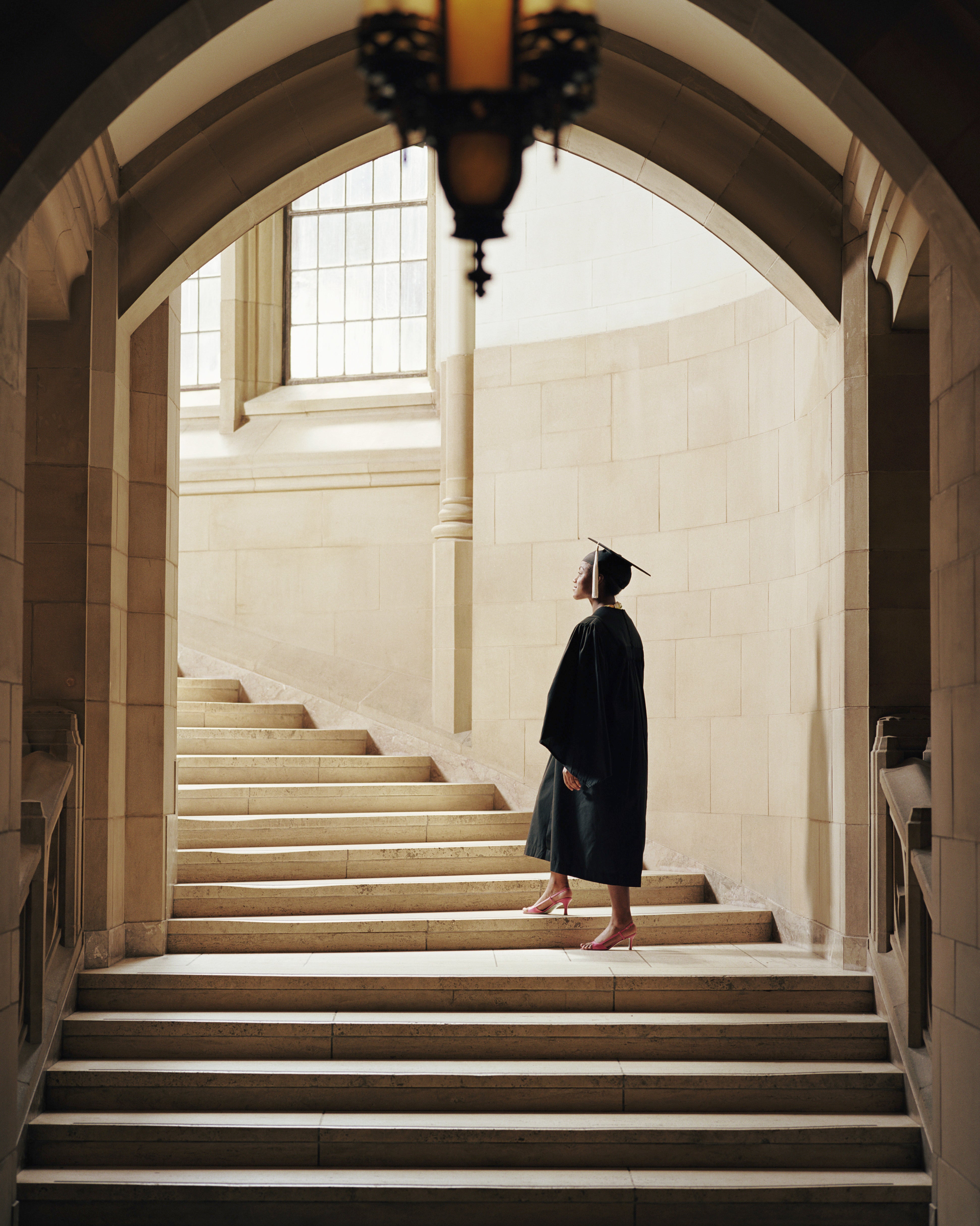
Earlier this week I read an article about a young woman who likened her experience at a predominantly white institution (PWI) to that of attending a historically black college and university (HBCU).
And despite that fact that I am an HBCU alum, I read in solidarity with the sister.
I, too, attended a premier 217-year-old all-girl’s private high school in Washington, D.C., ripe with a strong and close-knit Black community. My friends from high school are still my core friend group today, and I think it is because we bonded and banded together to navigate tough curriculums and preserve our culture that was celebrated in the form of affinity organizations, Black mixers, and Black history month plays that were lauded by the esteemed faculty at our prestigious school. I know that the storied history of my private school somewhat likened my experience to that of attending a PWI university – from the age-old traditions, to legacy families to the highly-selective application process, I’ve got somewhat of an “in” to know what it feels like to be Black on an all-white campus.
Subscribe to our daily newsletter for the latest in hair, beauty, style and celebrity news.
It can be an experience that creates an unbreakable bond and resilience through shared experience of being a minority on campus – and you’ll never forget those minority events that feel like an HBCU based on sheer demographics.
But I do want to be clear. It is not comparable to attending an HBCU.
My first day attending an HBCU evoked a bit of culture shock. I grew up in Chocolate City D.C. (pre-gentrification) and I went to a small, majority Black PK-8 school, but I’d never, one, attended such a large school, or, two, seen such a diverse group of African-American scholars. Save for a few, select minorities who’d attended leadership retreats with me in high school, I hadn’t seen a representation of Black people from all over the world until I stepped foot on campus.
First-day jitters/awareness aside, once I enrolled in my courses, the legitimacy of weaving in African-American history, culture, literature and art into every course that I selected, taught by some of the most praised academics, was not only a privilege, but a necessity.
Party scenes and BuzzFeed-like listicles aside, attending an HBCU offers an indescribable sense of unity and comfort that you simply do not have when attending a PWI. Not saying that the experience is not short of its own unique challenges, many of which we will not address here (it’s code), but there are a few real-world issues that we avoid: from being the only voice of color and navigating through stereotypes, to being completely misunderstood from the hair that grows out of your head, your hyper-local accent and the clothes you wear.
Being Black at an HBCU is celebrated, so instead of explaining away your culture, it is praised, studied, respected and, frankly, a right to embrace your true-self.
My favorite question is, “How does one adjust to the real-world after attending an HBCU?” For me, coupling my equally amazing high school experience – and incredible network that comes with it – paired with the coming of age and sense of self-awareness and confidence that I know I’d gain nowhere other an HBCU meant that I entered the workforce equally prepared as my white counterparts. For the duration of my undergraduate career, I’d held internships at top-tier communications firms and corporations, and the professors and peers gave me real-world advice on how to navigate being a Black professional in corporate America.
At PWIs, you may have an African-American professor or advisor whom all the Black kids love and leverage as a resource. At an HBCU, you’re surrounded by a community who makes you feel like you’re smart, talented and valuable every day. That type of genuine love – even if save for four years in your lifetime – creates a sense of self-worth and confidence that you can’t get anywhere else.




